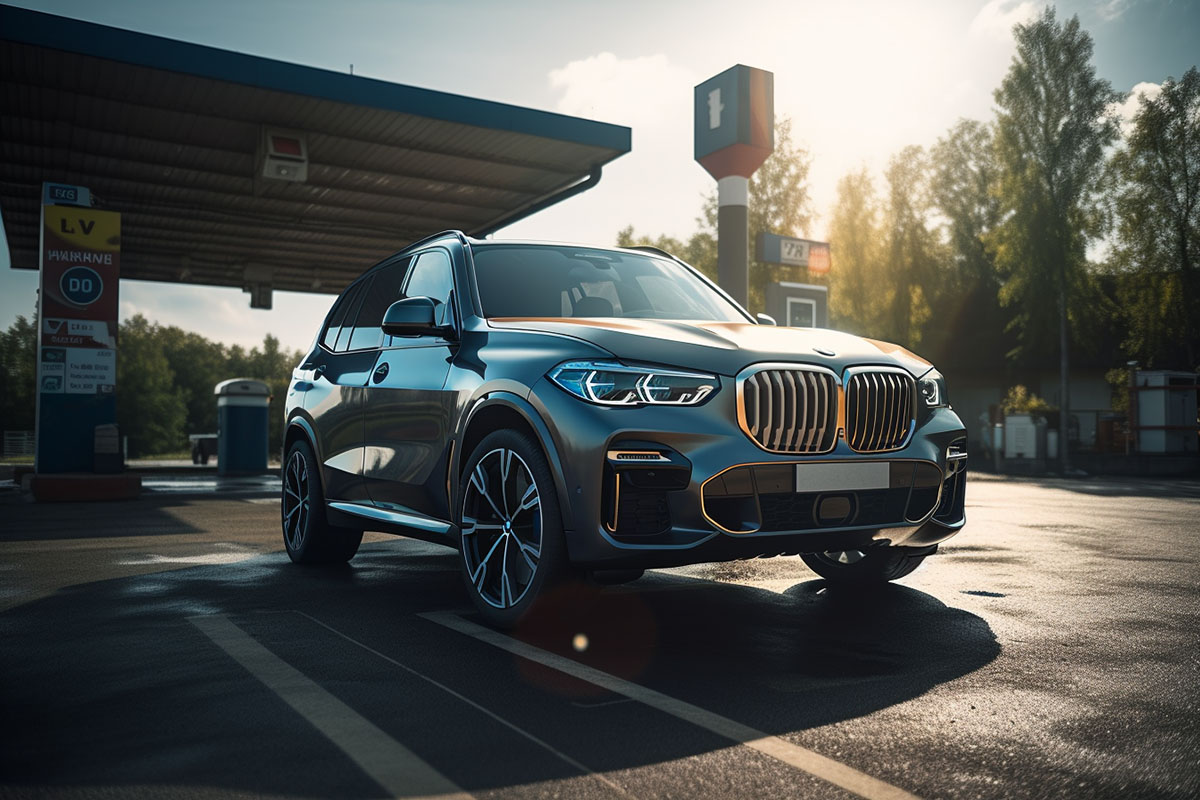
Are you afraid that you won’t be allowed to drive your combustion engine car after 2035? Don’t worry! The EU has reached agreement in the dispute over a ban on new cars with internal combustion engines from 2035, and it only affects new registrations. In this article, we will examine the key message, background and implications of this decision.
Background of the decision
The EU decision and its objectives
The EU has agreed not to allow any new cars with combustion engines after 2035. This decision is part of a broader plan to reduce greenhouse gas emissions and meet the Paris climate goals. However, the EU has emphasized that existing vehicles with internal combustion engines will continue to retain their operating licenses.
The agreement between Germany and the EU
Germany and the EU have agreed that vehicles with combustion engines can still be newly registered after 2035 if they use only CO2-neutral fuels, so-called e-fuels. This agreement enables a technology-neutral approach and opens up further possibilities for vehicles with internal combustion engines that can be operated in a climate-neutral manner.
Reactions and effects
Reactions of the automotive industry


The automotive industry has reacted differently to the EU’s decisions. Some manufacturers are focusing on electromobility and adapting their production lines accordingly. Other companies continue to take a technology-neutral approach and use combustion engines in conjunction with CO2-neutral e-fuels.
Importance for consumers and drivers
For consumers and drivers, the decision means that they will have to look more closely at alternative forms of propulsion such as electric cars or hydrogen vehicles. Existing vehicles with combustion engines may continue to be driven, but new registrations from 2035 will be restricted.
Effects on the used car market


The ban on new registrations of internal combustion engines from 2035 is expected to affect the used car market. Demand for used cars with internal combustion engines could increase, as they will still be allowed to be sold and operated. At the same time, the supply of used electric vehicles and other alternative drive technologies will increase.
CONCLUSION
The EU’s decision not to allow any new cars with combustion engines after 2035 shows a clear step toward climate-friendly mobility. However, the ban only affects new registrations and does not affect existing vehicles with internal combustion engines. In addition, the agreement between Germany and the EU allows vehicles with internal combustion engines that use only CO2-neutral fuels to be registered even after 2035.
Environmental impact and CO2 reduction
The decision will help reduce CO2 emissions in the transport sector and achieve the Paris climate targets. The switch to electric cars and other climate-friendly drive systems will contribute significantly to reducing emissions. The introduction of CO2-neutral fuels for internal combustion engines can also help reduce the environmental impact of the transport sector.
The future of mobility

The EU decision shows a clear trend towards sustainable mobility and will accelerate the transition to electric vehicles and other environmentally friendly drive systems. However, the agreement between Germany and the EU also offers scope for the further development of CO2-neutral e-fuels and combustion engines. strong Overall, the future of mobility will be a combination of electric vehicles, hydrogen drives, CO2-neutral fuels and possibly other innovative technologies that contribute to sustainable and environmentally friendly locomotion.
